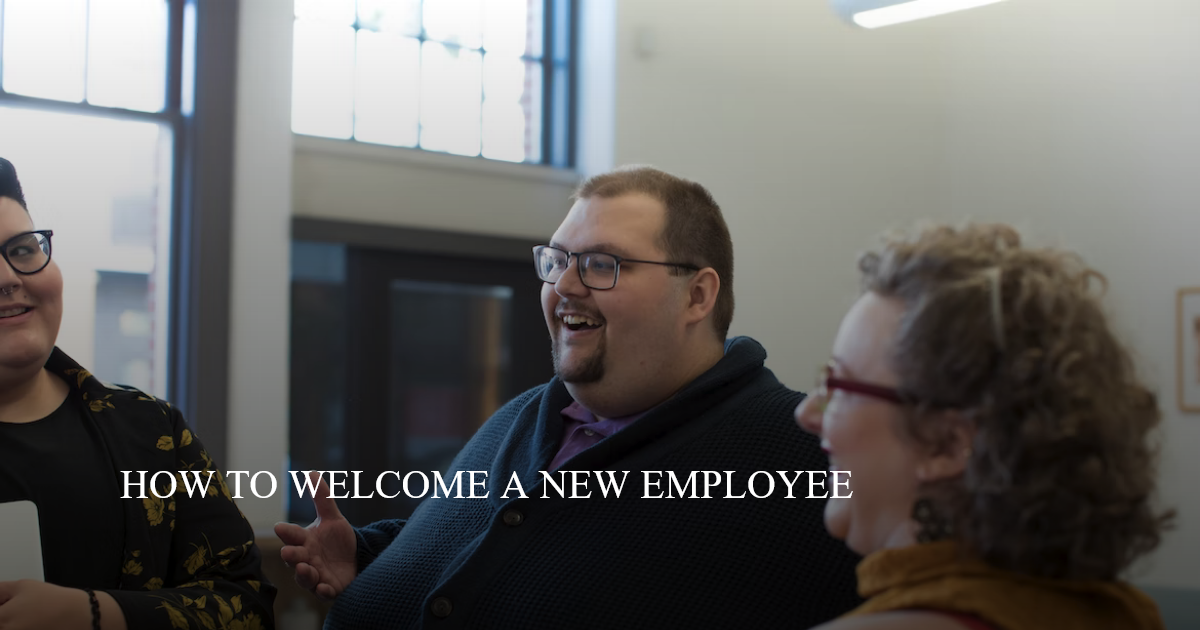Summary. Employee probationary periods give the employer and the new hire time to get to know each other better. It’s a time when the employer can assess the employee’s ability to do the job. It’s also the employee’s time to learn how to do the job and ask questions as they acclimate. This time can be a benefit to both parties and relieve a lot of “new job” anxieties.
Hiring employees can be an expensive and lengthy process. Many companies use a probationary period at the start of employment to ensure they’ve made a good hiring decision. Read on to learn what a probationary period is and why your company might want to use one.
Key Takeaways:
-
A probationary period at a job is a time for the employer to train and get to know an employee’s abilities. It’s also a time for the employee to learn their new job.
-
There are many benefits to the probationary period as it serves as a dry run for both sides of the equation.
-
A probationary period does not affect at-will employment, and it does not give the employer carte blanche to fire the employee for no reason.
-
At the end of the probationary period, a review ensures that both parties are on the same page and strengthens professional bonds.
What Is a Probationary Period at Work?
Probation periods are often used by companies for new hires. It’s typically a pre-defined time period when the new hire is being onboarded and trained and then eases into their new position.
During this period, both the new employee and the employer get to try out the chemistry and determine if this job and individual are suited for each other. If the employee is not a good fit for the job or the company, they may be let go during the probationary period. If the individual is a good fit for the job, they will continue on to become a regular employee after the probationary period.
Why Have a Probationary Period?
During the probationary period, an employee should have the freedom to learn the job at a comfortable pace. The employer also has the ability to assess the new hire’s skills and how they fit within the team. Both parties get to feel the other out to see if this job is actually a good fit.
Those are great reasons to have an employee probation period, but there are added benefits for the employer. A few states don’t require an employer to pay unemployment benefits if someone is employed for less than 30 days. That means if they’re deemed a poor fit and let go within 30 days, the employer will not pay unemployment for that person.
Another reason to implement a probationary period for the employer is it forces them to evaluate the hire quickly. If they do not fit the position, then it’s time to move on and not waste any more time and money on an employee that doesn’t work.
How Long Should a Probation Period Last?
How long a probation period lasts is a decision that needs to be made on a case-by-case basis. There is no law or any rules about how long a probation period needs to be. Thirty days is a standard time, but employment probation periods can extend to six months, depending on the job and responsibilities.
Probation Period Review
After a probationary period, it’s customary to have a review with the employee to discuss their performance and to answer any questions. If an employee has done a good job during their trial period, it’s tempting to skip the review, but it’s an important step in the process and shouldn’t be avoided.
This review is meant to give both parties a chance to discuss performance and focus on strengths and weaknesses. It can help employees get clarity about aspects of the job they didn’t know to question before. It’s also a great time to discuss where the employee sees their future trajectory within the company.
Employers can use the review to praise and encourage their new hires, and they can point out some areas that might need a little continued work and attention.
Not having a review leaves the employee in limbo and causes questioning of their status within the company. It’s critical to their job satisfaction and their vision of the company that you hold this review before moving forward.
Terminating an Employee During the Probationary Period
Terminating an employee is never fun or comfortable, but sometimes it’s the best decision for both parties. If you find that an employee isn’t a good fit for the job during the probationary period, it’s best to let them go and begin your hunt for a new employee again.
Probationary periods are not a free pass to fire someone for any reason, and it shouldn’t be a knee-jerk reaction. You’ll still need to have a reason for dismissal, and oftentimes, you’ll want to discuss it with the employee before termination to give them a chance to remedy the concerns.
As with all business transactions, it’s best to document everything in writing to protect the business and management.
At-Will Employment
At-will employment means that the employee is hired for an indefinite period of time, and they can be terminated at any time. They can also quit their job at any time.
Sometimes a probationary period leads people to believe that once they get over that hurdle, they’re “safe” from ever being fired or let go. This is not true, as most jobs are still at-will by nature after the job probation period ends.
Work Probation FAQ
-
Does a probationary period mean the employee doesn’t get health care benefits?
No, probationary periods are not tied to health care benefits. The Affordable Care Act allows companies to have a waiting period that can extend to a maximum of 90 days. It is true that many companies have a 30-day waiting period and a 30-day probationary period, but that’s not because the two are tied together. Usually, it’s convenient to have these periods line up but not required.
-
Does a probationary period make an employer exempt from unemployment benefits?
No, a probationary period has no effect on the employee’s ability to qualify for unemployment benefits.
An employee’s eligibility for unemployment is determined by the state in which they work. In states where there is a waiting period for unemployment benefits, it is useful for the employer to have a probationary period that matches that timeframe. But probationary periods are simply to avoid unemployment claims.
-
Are probationary periods required?
No, probationary periods are not required; they are used solely at the discretion of the employer. Many companies like having a probationary period for both their benefit and that of the employee, but some jobs don’t require a training period, and some businesses can’t accommodate one.
-
Can a new hire request a probationary period?
Typically, no, a new hire does not get to dictate these terms of employment. Probationary periods should be the same for all employees performing the same task. An employee may ask for additional assistance and may have some different training needs, but the probationary period is something that’s dictated by the employer, not the employee.





